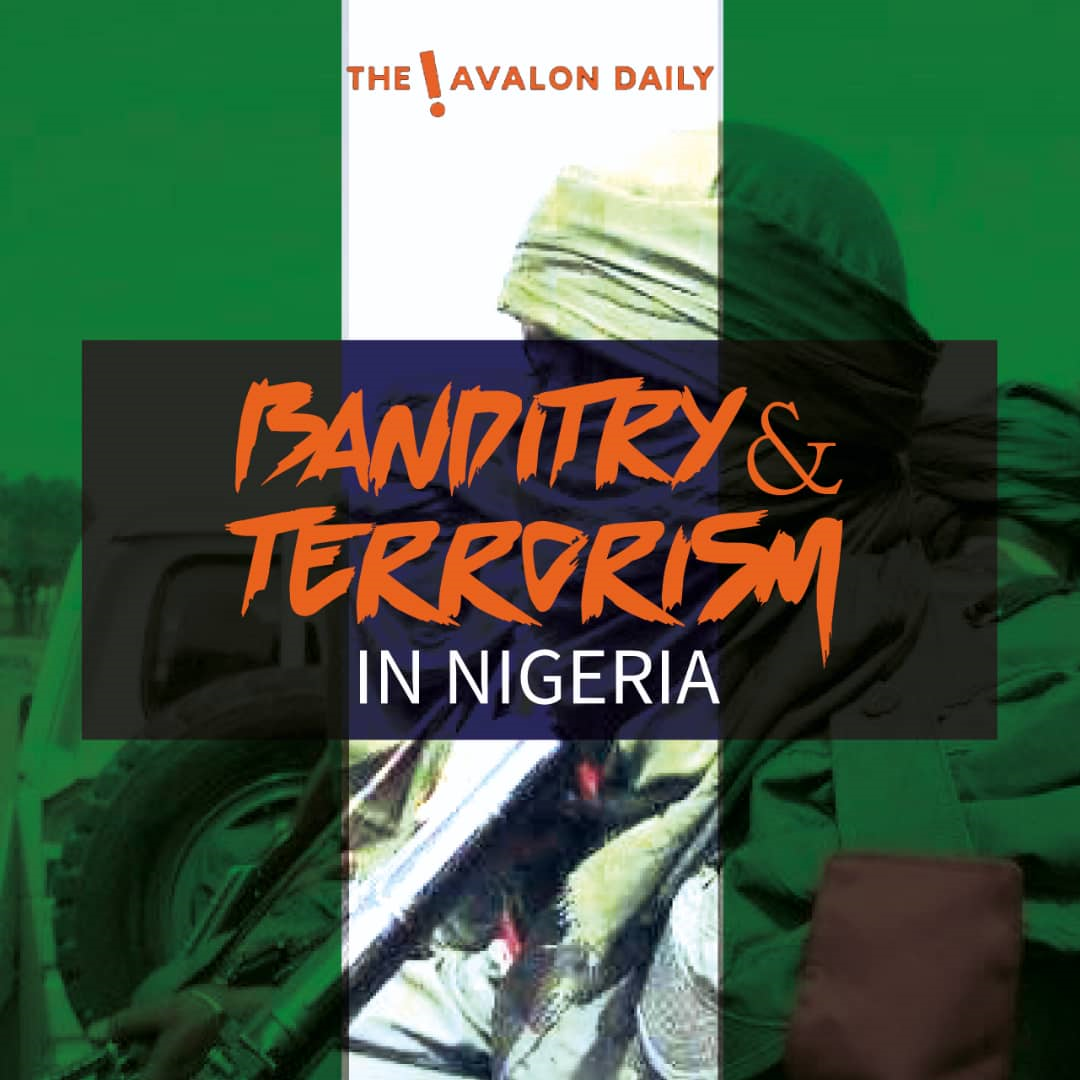The typical response from the Nigerian government in dealing with insecurity has been text book – “deploy force (usually soldiers rather than the police) to stop or slow the disturbance; second, make gestures of reconciliation, such as granting amnesty to combatants or releasing prisoners back into normal life and third, exhort all parties to move on in a spirit of unity”. The authorities, as Alexander Thurston argues, seldom make systemic efforts to hold perpetrators of violence accountable. The belief around government circles has always been, that there is no amount of crisis that ‘Petro dollars’ cannot resolve and should it get out of hand, we will ensure there are enough boots on ground.
The reality, unfortunately, contradicts such beliefs. If all that was required to deal with violence and insecurity was military force and naira notes, Nigeria should be enjoying relative peace today having budgeted over 6.5 trillion naira for the ministry of defense in the last 10 years, along with military deployment in at least 24 states of the federation. However, peace continues to elude us because the underlying triggers of violence and the broader systemic issues at play have been left unaddressed.

Perhaps, the question to ask, would be that, what are the issues that continue to reinforce a vicious cycle of violence and what measures can be taken to fundamentally address them permanently? The Nigerian state has created a schism between the leaders and the led and between different religious and cultural groups, largely borne out of its inability to either dispense justice swiftly or deliver justice at all. So whether it was the hundreds of poor farmers that were killed in Bakolori, in April 1980, for daring to protest the appropriation of their land without adequate compensation or the massacre of hundreds of Shia Muslims in Zaria for denying a general the right of passage on a federal road, the Nigerian state has through several acts of barbarism, bred a people full of contempt and hate. At the very heart of the surge in violence and insecurity in the country, is a sense of rebellion against a state that has not only failed to protect or provide for a majority of its citizens but has in many occasions turned against its own people, while feeding fat from their collective resources.
How to deal with insecurity
Government must realize that it is impossible to sustain peace in the absence of justice, therefore, it must prioritize a criminal justice system that ensures that perpetrators of violence are apprehended and prosecuted to the full extent of the law. Such would serve as a strong deterrence for intending criminals.
Strengthening of local government administration and policing
The collapse of local government administration, which is the closest to the people has made it easy for crime to thrive. Hence, the independence of local governments and their abilities to function effectively, with respect to providing quality primary healthcare and education, cannot be overstated. More importantly, the idea that ‘Chinedu’ from Enugu state can effectively police a remote local government in Zamfara is a joke taken too far. Policing must be done by people who understand the history, culture, and geography of where they are expected to police.
Wealth Creation and Economic Opportunities
When there are little opportunities to legitimately earn a decent living or climb the social ladder, crime and criminality becomes an attractive alternative. Government must therefore seek to enable rapid growth and development without leaving anyone behind. A focus on large scale industries (like the garment factories in Bangladesh) with the potential of employing thousands of people with decent wages must be prioritized by government in policy making. While government is working on reducing leakages and corruption, it must expend greater efforts on wealth creation. Once opportunities abound, crime gradually disappears.
An Intelligence Driven Security
While we will always need a strong military force, there must be a gradual move from a reliance on brute force (usually reactive) to an intelligence driven security community that is a lot more proactive and responsive. An intelligence driven security relies on individuals outside the barracks – in universities, media and diplomats to aggregate intelligence that puts them ahead of criminals. Therefore, a new National security strategy that factors in the roles of historians, broadcasters, educators, scientists, geographers and engineers, will be required to defeat criminality.
Written By: Ayodele Adio











